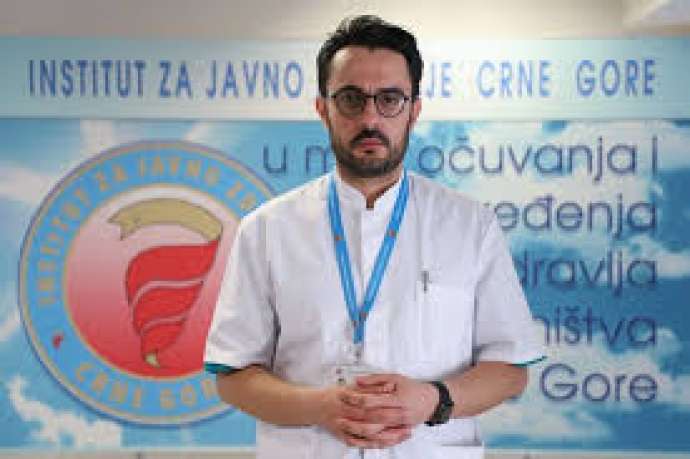September 24, 2020 - The epidemiological situation in Montenegro is becoming more complicated every day. The number of new cases of COVID-19 infection is not decreasing. On the contrary, the Institute of Public Health is registering nearly 300 new patients daily, and the problem is the local transmission.
The Institute of Public Health informed yesterday that out of 862 analyzed samples, they registered 290 new COVID-19 cases, and five patients died due to the infection. The day before, PCR analysis of 749 samples reported 296 new patients, and eight people died. There are currently 3549 COVID-19 cases active in Montenegro. Since the beginning of the first wave of the epidemic, the Institute reported 9428 patients.
Montenegro is still in first place in the region in terms of actively infected with COVID-19 per 100 thousand inhabitants - 563, and it has the most infected per million inhabitants - 14,965. With 45 per 100 thousand inhabitants, it also leads in the number of hospitalized COVID-19 patients. In terms of mortality rate, Montenegro's situation, with a percentage of 1.6 percent concerning the number of infected, is the most favorable than the region's states.
"At the moment, the level of local transmission in our country is such that the import of cases from abroad does not represent a significant increase in the epidemiological risk of further spread of the infection," said the assistant director of the Institute of Public Health, Dr. Senad Begic.
"Therefore, it is not justified to expect that measures to ban international travel or a ban on arrivals from Serbia or other countries, will be introduced. Such actions would not affect, because they have no epidemiological meaning ", added Begić for the portal nova.rs.
"Following the experiences from the surrounding countries, Europe and the world and comparative practice, and especially following the available results of scientific studies, including those in the field of social sciences, it is clear that measures to close the country have long-term anti-epidemic effects. They also cause more significant damage to both the economy and many health aspects than the anti-epidemic actions currently in force. Therefore, it is clear and proven that simple measures- wearing masks, keeping physical distance, regular hand hygiene- not only give results but are also sustainable measures that enable society to function, "Begic said.
Closure of cities, restriction of the right of movement for the entire population, and other draconian measures are only the last resort to be resorted to when it is noticed that illness and hospitalization indicators threaten to endanger the normal functioning of society and the health system. For now, such drastic measures are being avoided in Montenegro.
"It is possible that in some cities we will shorten the working hours of catering facilities. Or, eventually, close them. But we hope that with adequate control and insisting on implementing general prevention measures and a high degree of social responsibility, we will be able to avoid this scenario," concluded Begic.








